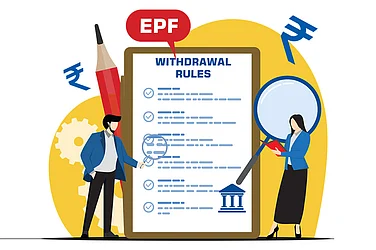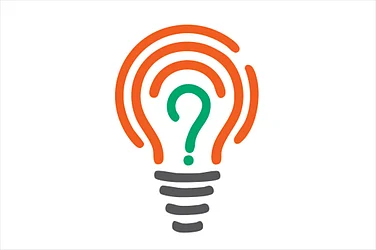The Internet is full of information. So, there is a plethora of investment and protection products and tens of reviews for each of these. While information is empowering, there is a flip side as well—it leads to analysis paralysis. This state is usually referred to as analysis paralysis, where too many choices and too much information lead to indecision or a bad choice.
Though financial literacy is more accessible than ever before, there still exists a layer of complexity, and people often end up making decisions based on surface-level clarity, while missing out on the critical details.
That’s what happened with Aashish Pahwa, 30, from Delhi. He was planning to buy a health insurance and like an aware customer, set out to research various plans by interviewing agents and using AI chatbots to understand jargon.
And yet, when the hour of need arrived, he realised he had missed something critical: the network hospital list. When he was hospitalised a few months later for Hepatitis A, he discovered that the hospital he chose wasn’t included in the plan. “Even with all the help from AI and agents, I ended up buying the wrong product,” says Aashish.
He researched through AI and agents to select health insurance but still ended with the wrong product
Aashish’s struggle with indecision was not only regarding buying insurance. It had crept earlier into his professional life, too. Over the last few years, he had considered multiple career options, from consulting to digital content creation. But each choice sparked a flood of questions. Was this scalable? Was he too late to enter the space? Would AI wipe out the opportunity before he could establish himself?
“There were so many new career paths, but I couldn’t pick one. The paralysis was real,” he says.
Eventually, he did launch his own start-up, a platform that helps entrepreneurs scale their start-ups. But even that journey was punctuated with hesitation. “As a creator and researcher of AI tools, I have seen first-hand how a simple new upgrade on ChatGPT or other tools can easily upend SEO, content workflows, and monetisation models almost overnight,” he says.
Aashish’s case shows that it’s not the lack of knowledge, but sometimes abundance that holds people back.
The Real Cost of Indecision
Aashish’s story is not unique. In fact, behavioural finance experts warn that this pattern is becoming increasingly common, especially among first-generation earners, freelancers, and urban professionals.
Whether it is buying insurance, starting a business, or allocating savings, the fear of making the wrong decision often leads to making no decision at all, or a bad one. The result is missed opportunities.
So why does the mind freeze when the choices multiply?
Animesh Hardia, senior vice president of quantitative research at 1 Finance, a personal finance advisory firm, says that analysis paralysis is one of the most human forms of financial inertia. “People assume it’s laziness or ignorance. But more often, it’s fear. You don’t act because you don’t know, but because you know too much and can’t filter what really matters,” says Hardia.
In personal finance, this often shows up as endless research with no action, waiting for the “perfect” moment to invest and delaying big decisions like home buying or portfolio rebalancing. The result: even financially savvy people freeze. “You read five blogs and watch three videos on mutual funds, and each says something different, and you are drained before you have even opened an investment account,” says Hardia.
Often, it’s not the complexity but too many options that leads us astray. “In the end, essential information is what helps you move closer to your financial goals with confidence; everything else is just a distraction. Learn to let it go,” says Hardia.
The real freedom may lie not in having all the answers, but in knowing when to stop questioning and start moving forward.
How To Overcome Analysis Paralysis?
Stop fixating on financial products and start by defining your goal. Once the ‘why’ is clear, ‘what’ is easier to identify.
Limit your information intake to 2-3 trusted sources, which can keep you grounded.
For complex decisions, like buying insurance, stick to essentials like hospital networks, claim ratios, costs, and exclusions. If a product covers most of your needs without major red flags, act on it.
Breaking big financial decisions into smaller, time-bound steps also helps reduce resistance.
Involving a friend or advisor can offer clarity you might not achieve on your own.














